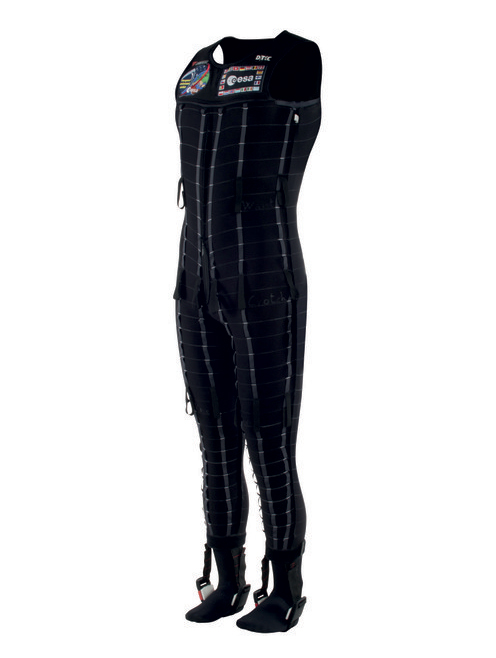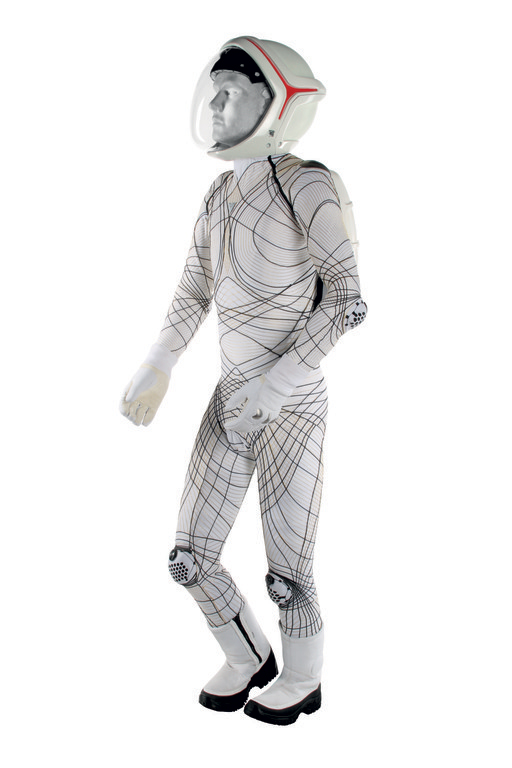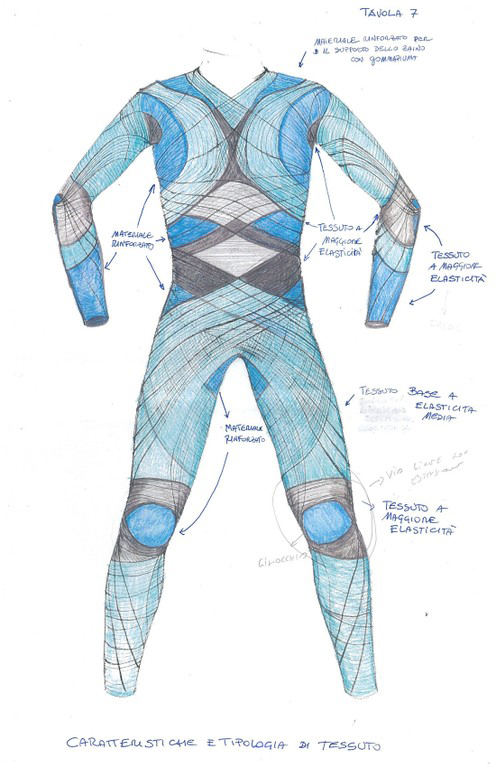You probably know Dainese best as an Italian motorcycling apparel manufacturer that specializes in sport and racing gear, and you might have heard of its high-tech D-air wearable airbag suit. If you’re really in-the-know, you even know that Dainese also makes protective gear for mountain biking, winter sports and horseback riding. But did you know that it also dabbles in space suits? Yes, the kind that astronauts wear. In space.
Back in 2015, Dainese tested its first SkinSuit on Danish astronaut Andreas Mogensen, and now has its second SkinSuit in space, being worn by French astronaut Thomas Pesquet, who has been on the International Space Station since November 17.

The SkinSuit is a result of a partnership between the European Space Agency (ESA) and the Dainese Science and Research Center, and is designed for use in long-term space missions such as those on the International Space Station. There are a host of challenges astronauts and scientists have discovered when sending people into space for long periods of time, and one such challenge is a stretching of the spine due to the weightless environment.
The SkinSuit aims to counteract spinal stretching by providing “loading” in the head-to-foot direction, in effect recreating Earth-like gravity without compromising comfort and movement. It’s completely made-to-measure by Dainese, requiring that over 150 measurements of the astronaut’s body to be taken.

Even cooler–and more futuristic-looking–than the SkinSuit, is the BioSuit, which Dainese showcased at a recent symposium attended by NASA Deputy Administrator Dava Newman, NASA astronaut and engineer Nicole Scott, and other European astronauts, artists and designers. The BioSuit looks like something straight out of a big-budget Hollywood Sci-Fi movie and is intended to be worn during the first human journey to Mars, expected to happen sometime around the year 2030. It will apply necessary mechanic pressure to the astronauts’ bodies without compromising movement.
In the meantime, we can likely expect to continue to see “trickle-down” technologies from projects like this, such as the D-air airbag suit, so even those of us who will never experience the weightlessness of outer space can feel a little bit like an astronaut!








